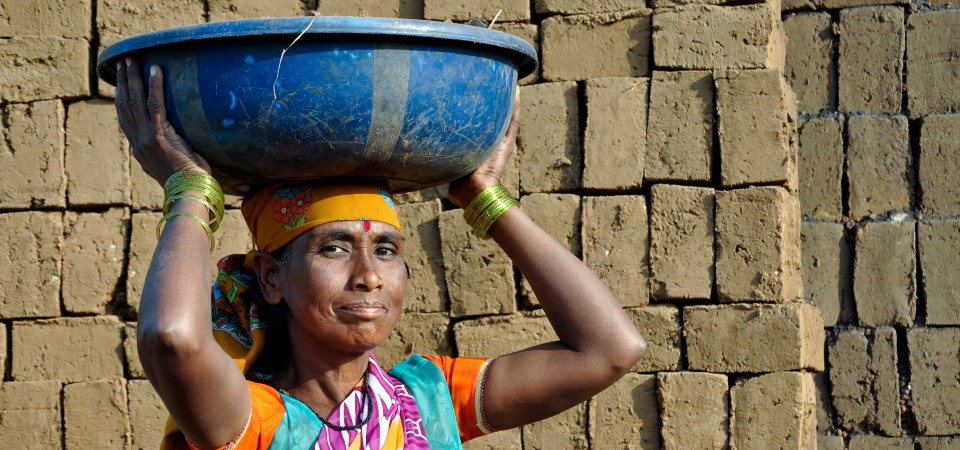The circular economy promises to reduce waste and promote resource efficiency, but it often overlooks critical social dimensions like poverty, health, and equity, according to Dr Sukyung Park.
Dr Park, a researcher specializing in innovation and sustainable development at Loughborough University’s Business School, argues that CE models must go beyond technological fixes and economic growth to ensure benefits for all.
In a recent review of 167 studies on the circular economy (CE), she found that there was limited focus on democratic planning, with insufficient engagement of people and communities in the decision-making about CE transitions – especially in low-income countries.
Key outcomes from the review also included the importance of understanding the local operational environments to help shape relevant CE models and the role of businesses and policymakers in catalysing a broader shift toward CE.
She said: “Without addressing the socio-economic challenges faced by marginalized communities, CE risks perpetuating low wages, poor working conditions, and inequitable resource distribution.
“For example, Indian textile factory owners have expressed concerns that slower fashion cycles, driven by CE initiatives in wealthier regions, could threaten jobs and livelihoods.
“Social aspects provide crucial insights into how policies, strategies, and actions affect or benefit society and contribute to more effective CE initiatives, covering employment, health and safety, poverty, and gender equity, ensuring the global CE transition that are socially inclusive and equitable.”
Through research in India – engaging with local and marginalized populations, including small entrepreneurs and female businesses – Dr Park highlights the realities of those on the frontlines of CE transitions.
This research underscores the need for inclusive models that tackle inequities head-on, addressing challenges like poverty, education, and health alongside environmental goals.
Key Implications of CE for the Global South
- Potential Risks: CE initiatives led by developed economies may inadvertently harm workers and industries in developing countries, exacerbating existing disparities in the CE transition.
- Opportunities from the Ground: Developing countries need innovative and locally-driven approaches that reduce pollution, improve health and well-being, and contribute to diversified economic growth and job creation. Factory owners and workers fear job losses and unstable livelihoods as industries adapt to slower, “greener” production cycles.
- A Better Path: Inclusive CE models that prioritize social value creation and well-being can foster a future where sustainability and fairness coexist.
Dr Park added that the transition to CE impacts everyone—from consumers to workers and business owners—particularly in developing nations. She said that by ensuring that marginalized voices are part of the conversation, CE can truly deliver on its promise of a fairer, more sustainable world.
“This is a critical moment to shape the future of the circular economy and different approaches for transformative social change and human development,” said Dr Park.
“Policymakers, businesses, and global citizens must prioritize inclusive CE models that deliver benefits for all, not just the privileged few.”
ENDS
